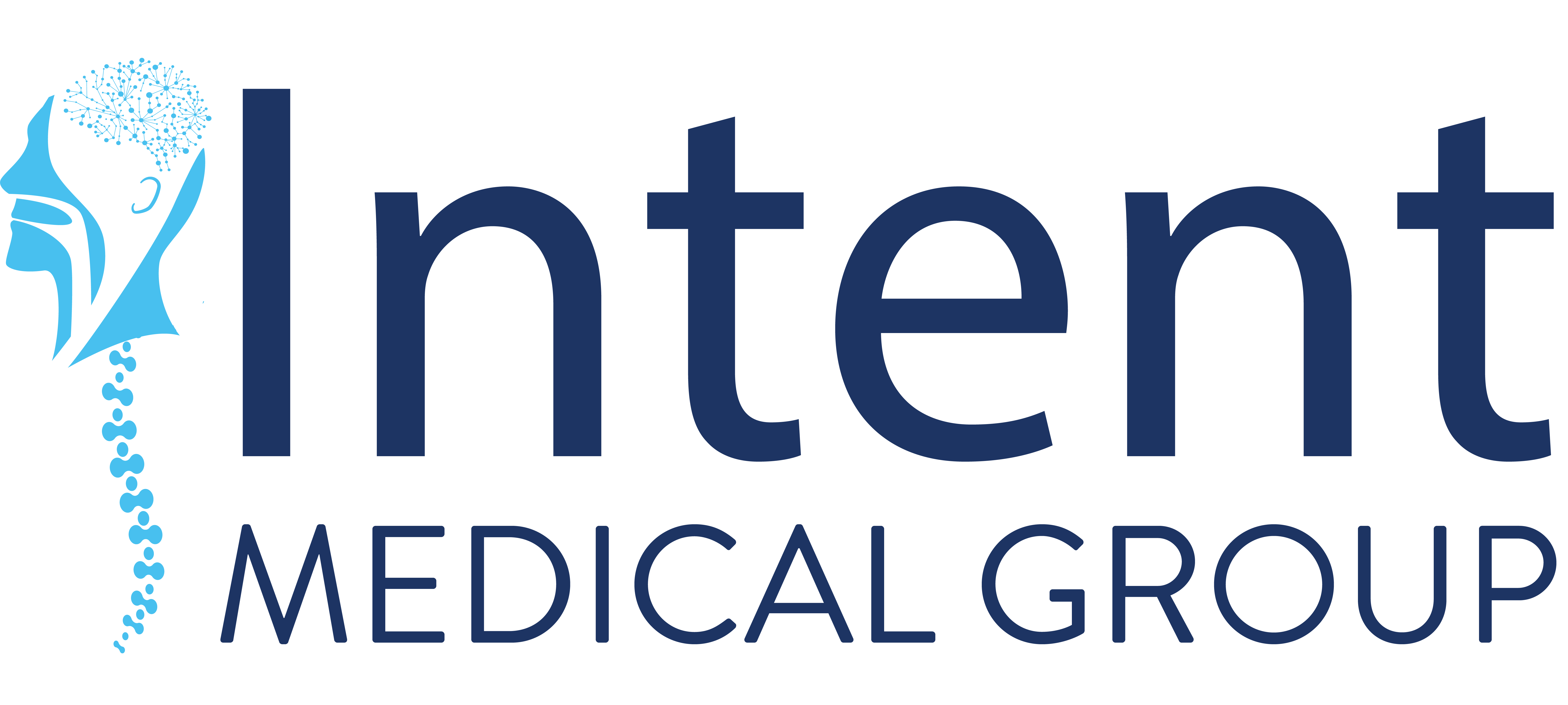Thyroid Gland Disease
What is Thyroid Gland Disease?
The thyroid is a small gland shaped like a butterfly at the base of the front of the neck above the breastbone. It has 2 sides which are called the lobes that are connected by a narrow neck called an isthmus.
What does the Thyroid Gland do?
The thyroid gland makes hormones that are very important to your health. Thyroid hormones help control your: heart rate, sweat glands, body weight, metabolism (how much energy your body can make from food), temperature, nervous and reproductive systems and digestion
What does the Thyroid Gland do?
Thyroid nodules are solid or fluid-filled lumps that can form in the thyroid gland. There is no single cause that has been identified for the growth of benign thyroid nodules. In the vast majority of cases, thyroid nodules are discovered by physicians during routine physical exams or are seen on scans done on the neck for other reasons.
How common are Thyroid nodules?
Thyroid nodules are common, with estimates of up to 75% of adults having them. Nodules are four times more common in women compared with men. Importantly, more than 90% of thyroid nodules are benign, meaning that having a thyroid nodule does not mean that a patient has thyroid cancer.
What are the types of Thyroid cancers?
There are three main types of thyroid cancer: differentiated (including papillary, follicular and Hürthle cell), medullary and anaplastic.
Papillary thyroid cancer is the most common type and represents roughly 80% of newly diagnosed thyroid cancers. These cancers tend to grow slowly but can spread to lymph nodes in the neck. Follicular thyroid cancer represents about 10% of thyroid cancers and does not usually spread to lymph nodes; however, this type of thyroid cancer can spread in some cases to the lungs or bones.
Medullary thyroid cancers account for about 4% of thyroid cancers. There are two types of medullary thyroid cancer: sporadic and familial. The familial type is inherited and often develops in childhood or early adulthood.
Anaplastic thyroid cancer is the rarest and most aggressive form of thyroid cancer and commonly spreads to other parts of the body. This cancer is thought to come from pre-existing papillary or follicular cancers which have transformed.
What causes Thyroid Cancer?
There are numerous risk factors for the development of thyroid cancer. These include older age, female sex, hereditary conditions (such as multiple endocrine neoplasia type 2, Cowden’s disease, and Carney complex), and a family history of thyroid cancer.
Radiation exposure is another well-known risk factor for thyroid cancer. This radiation could be due to certain medical treatments such as head & neck radiation in childhood. It can also be due to fallout from nuclear weapons and power plants. Finally, being overweight or obese has also been shown to increase the risk of thyroid cancer.
How common is Thyroid Cancer?
It is estimated that approximately 44,000 new cases of thyroid cancer will be identified in the United States this year. This type of cancer is three times more common in women than it is in men.
What are signs of Thyroid Cancer?
Thyroid cancer can cause the following symptoms: swelling in the neck, pain in the front of the neck, difficulty swallowing, change in voice, difficulty breathing, or a lump in the neck. If you develop any of these symptoms, contact our team at Endeavor Health Advanced Neurosciences Center to book an appointment with our thyroid surgery specialists.
When is Thyroid surgery needed?
Thyroid surgery may be needed in the following situations:
- Thyroid cancer is found or is suspected
- A needle biopsy is not able to confirm whether a thyroid nodule is cancerous
- A noncancerous (benign) nodule is large enough to cause problems with breathing or swallowing
- A fluid-filled (cystic) nodule returns after being drained once or twice before
- Hyperthyroidism (too much thyroid hormone) that cannot be treated with medicines or radioactive iodine, or hyperthyroidism in pregnancy
You may have the following tests to help your doctors decide if you need thyroid surgery:
- A thyroid ultrasound
- CT scans of the neck
- Radioactive iodine thyroid scans
- Blood tests to check your thyroid hormone levels (TSH) and calcium
- A fine needle aspiration biopsy
The two main types of thyroid surgery are lobectomy (removal of one lobe) and total thyroidectomy (removal of the entire gland). In some cases of thyroid cancer, lymph nodes will also be removed from around the thyroid gland.
